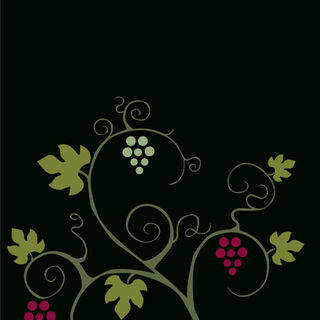Mind The Food
Academic Context
UIUX Design
Graphical User Interface
Build – Measure – Learn
Reference :
Hooked Model, Nir Eyal
The Right it, Alberto Savoia
Project Brief
Using the Build-Measure-Learn design process, create a prototype of a habit-forming application on that encourages better wellness decisions by Jefferson
University students by leveraging Nir Eyal’s Hooked Model.
How might we…?
How might we improve wellness for Jefferson students by leveraging a habit –
forming app.
Elevator Pitch
With the help of graph, the app tracks the ratio of healthy versus junk food. Based on it, students’will be able to grow trees and unlock lands depending upon the points earned. If the ratio is towards junk food, trees may die and students will have to eat healthy food to save them.
Design Tools
The app was designed in Adobe XD, Illustrator and indesign
Design Deliverables
Elevator Pitch, Characteristics, Storyboard, UI Kit, Moodboard, User testing, Validating, Low – fidelity Wireframe, High – Fidelity Wireframes, Interactive prototype.

01
Storyboard

02
MoSCow method
With the help of research method, 'Buy a feature', it became easy to organize features of the apps based on their priorities. It also helped in making site map.

03
Site map

04
Risky Assumption Matrix


05
Three Riskiest assumptions

06
Intro to MEH | Market Engagement Hypothesis
To understand whether the market will engage with my idea, I tried MEH (Market Engagement Hypothesis) for my app, 'MTF'.
07
MEH | Market Engagement Hypothesis
Students of TJU, East Falls Campus,
would start to eat healthy food more often by downloading my app called 'Mind The Food'.
08
XYZ Hypothesis
About 20% of TJU, east falls campus students' who eat lunch at Kanbar's common thread, would have fun building their virtual's parks on the app called 'Mind The Food' by consuming healthy food
more often.
09
xyz Hypothesis
About 20% of 2000 students of TJU, east falls campus, who eat lunch at Kanbar's common thread, would have fun building their virtual's parks on the app called 'Mind The Food' by consuming healthy food more often.
10
Fake Door pretotyping
The fake door pretotyping tool is used to test the premise of the idea. It is to check if the target audience would like to invest in it or not. This is a good way to see the market engagement in an inexpensive way.
11
Rapid Validation Experiment | Poster design
For this, i decided to put up a poster at the Thomas Jefferson's common thread and on instagram channel to check if anyone likes the idea or not.
In the poster, I tried to encourage them to eat healthy food by giving them a reward at the end of task with a postcard.

11
Idea behind the poster
I wanted to give people same experience as they would get in the app. In the app, when a user eats healthy food, is rewarded with trees to build in the virtual park. While
here, if an individual eats healthy food, gets a 'treetales' postcard as a reward.
12
Results
Note
The name of the app was
WTF - Watch the Food initially. It was later changed to
MTF - Mind the Food.
Unfortunately, the students who eats at the common thread, did not respond to the poster. However, I got a few people who were interested in the premise of the idea.
18 Followers
8 participated and completed the task for a day
1 person completed the task for 2 days
0 person completed the entire 3 days challenge.


13
Statistics
Out of 18 followers, total 9 participated. From the 9 participants, one person performed the task for 2 days.
50%
of the people showed interest in the premise of the idea.
14
Reward for the participants

15
Low fidelity wireframes | paper pretotype

16
High fidelity wireframes










16
Application









